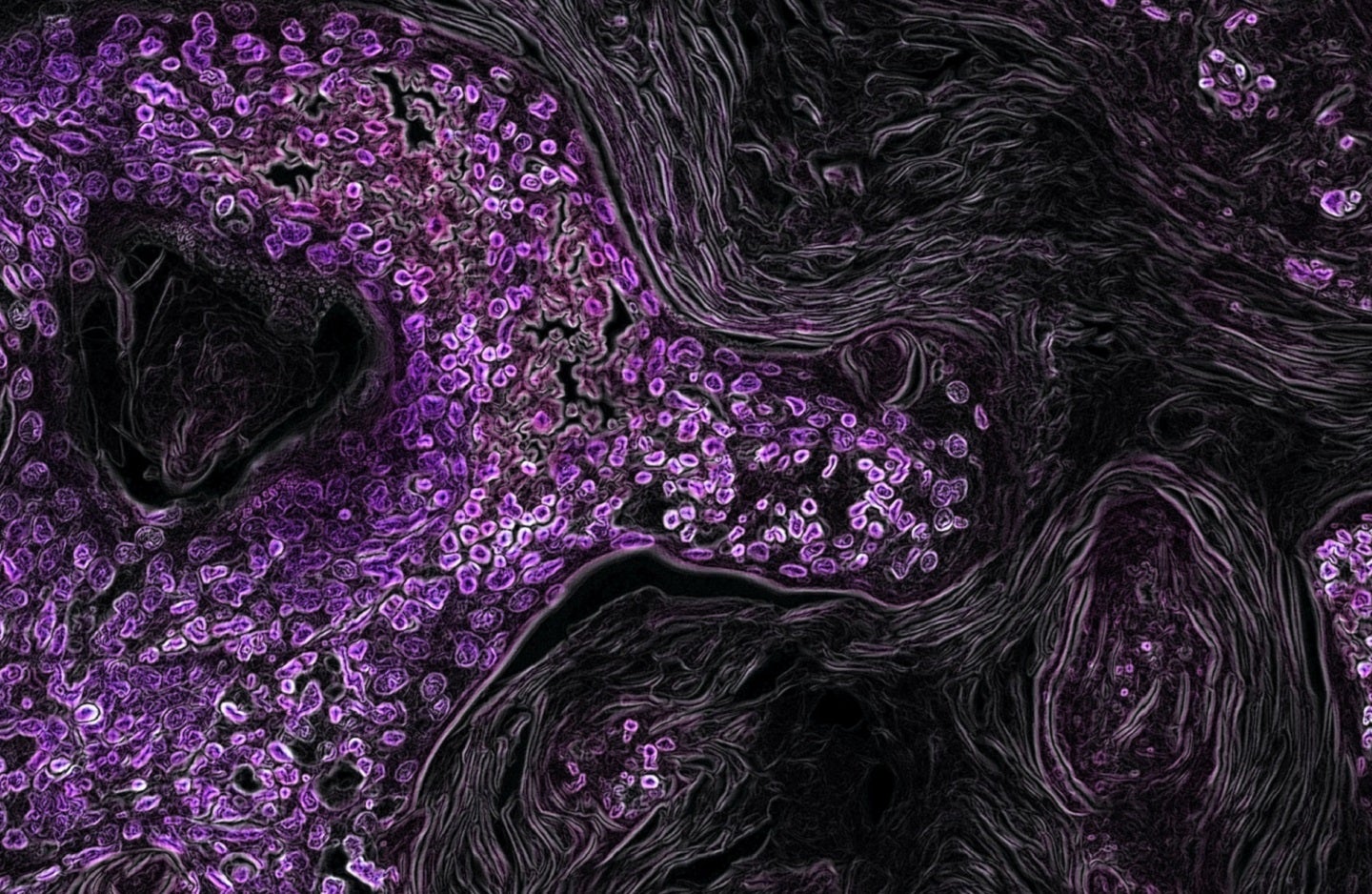
Palleon Pharmaceuticals has reported initial findings from the Phase l GLIMMER-01 trial of E-602 for the treatment of cancer.
The results confirmed proof of mechanism for the company’s lead EAGLE oncology platform programme, E-602, with evidence of dose-dependent desialylation and dose-dependent immune system activation.

Discover B2B Marketing That Performs
Combine business intelligence and editorial excellence to reach engaged professionals across 36 leading media platforms.
E-602 was also found to be well tolerated across the examined dose range with no dose-limiting toxicities.
The data further demonstrated that the trial met pre-determined gating criteria based on safety and pharmacodynamic activity, thereby paving way for the initiation of a Phase ll trial of E-602.
The planned Phase ll studies will assess the clinical activity of E-602 monotherapy in lung cancer and melanoma patients.
In the initial GLIMMER-01 trial, 40 patients received at least one dose of E-602, with the most common tumours treated being colorectal and pancreatic.

US Tariffs are shifting - will you react or anticipate?
Don’t let policy changes catch you off guard. Stay proactive with real-time data and expert analysis.
By GlobalDataIt was found that doses up to 30mg/kg were tolerated without any dose-limiting toxicities.
Palleon Pharmaceuticals chief medical officer David Feltquate said: “E-602 represents a truly novel immuno-oncology candidate that builds on the promise of glycobiology, a field of study that offers unprecedented opportunities for drug development in cancer and other diseases.
“Establishing proof of mechanism for this approach provides the validation necessary to initiate Phase ll evaluation and take the next steps towards our team’s shared goal of offering new options for patients in need.”
E-602 is a glyco-immune checkpoint inhibitor that enzymatically degrades immunosuppressive sialoglycans on hypersialylated tumours and immune cells and restores antitumor immunity.





